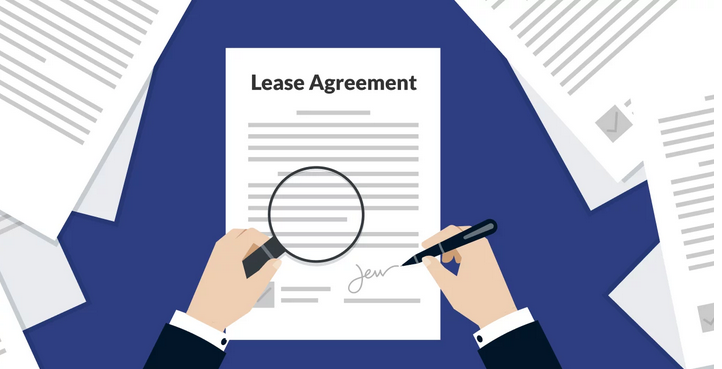
Mastering the Art of Leasing: Expert Tips for Connecticut Tenants
A connecticut residential lease agreement is really a legally binding agreement from a landlord plus a renter, setting out the conditions and terms for hiring a property. Regardless of whether you’re a landlord hiring out your residence or a renter searching for a place to reside, understanding the important facets of a lease contract is vital. Here’s what you ought to know:
1. Lease contract Conditions: In Connecticut, lease conditions typically manage first year, nonetheless they may differ. Some landlords may provide reduced or longer rent conditions depending on their preferences and the requirements the tenant. It’s necessary to comprehend the time period of the rent as well as any provisions for revival or termination.
2. Lease and Protection Down payment: The lease contract arrangement should clearly express the month to month rent volume and when it’s thanks. Additionally, Connecticut legislation limitations security build up to two months’ rent for unfurnished models and three months’ lease for furnished devices. Landlords must give renters by using a published receipt for the security deposit.
3. Duties of Property owner and Tenant: The lease contract should describe the obligations of both parties about upkeep, repairs, tools, along with other facets of property control. Property owners are often accountable for keeping the home in habitable condition, whilst tenants are responsible for maintaining cleanliness and informing the property owner associated with a repair concerns.
4. Domestic pets and Subletting: For those who have domestic pets or intend to sublet the house, make sure you go over these is important together with the property owner prior to signing the rent. Some landlords could possibly have limitations or call for extra fees for domestic pets, although subletting can be disallowed or allowed with consent.
5. Termination and Revival: Be aware of the conditions for terminating the rent early on, such as providing notice and potential fees and penalties. Furthermore, know your rights about hire renewal as well as any changes for the terms or rent.
6. Legal Protections: Connecticut law offers numerous protections both for landlords and renters. Familiarize yourself with the state’s landlord-tenant regulations to learn your proper rights and commitments beneath the rent contract.
7. Written Deal: A hire arrangement should be in writing to avoid misconceptions or disputes. Ensure that you browse the lease contract carefully before you sign and ask for clarification on any terms you don’t recognize.
To summarize, a residential hire contract in Connecticut is a crucial papers that governs the landlord-renter romantic relationship. By understanding the important elements of your rent arrangement and realizing your privileges and responsibilities, you may ensure an effortless leasing expertise.



